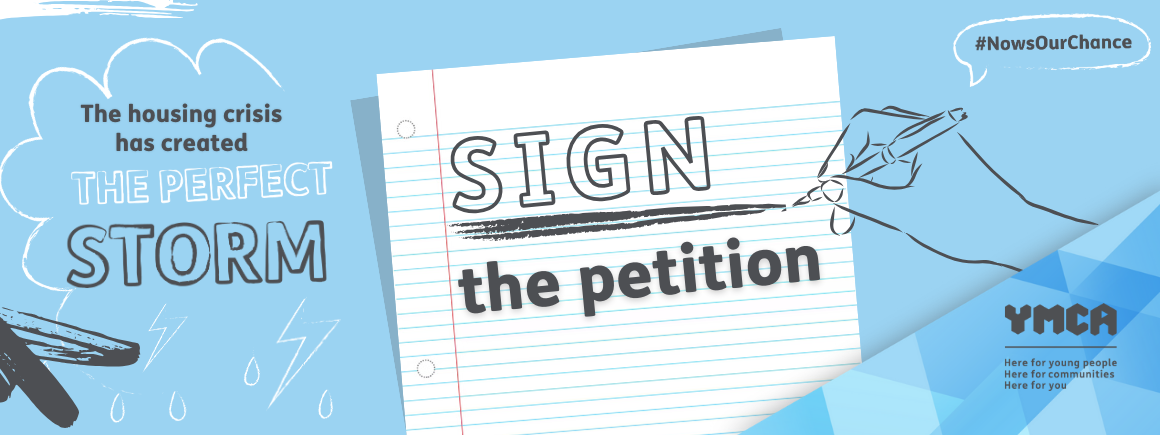On August 8th, three of our young people headed to London and were interviewed by BBC East Midlands for the launch of YMCA England & Wales’ “Breaking Barriers to Work” report.
The study, conducted across England and Wales, surveyed residents in YMCA-supported housing and examined their experiences and opinions regarding the obstacles imposed by the benefits system. As part of our Experts by Experience group, our residents contributed to the research and recommendations being put forward to make sure that young people in supported housing have the same chances to follow their aspirations for work.
The findings of the report highlighted several key areas of concern that hindered young people’s ability to secure employment and transition into independent living.
One of the primary issues identified was the funding model for supported housing, which is nowadays mostly funded through Housing Benefit paid by local authorities. The interaction of Universal Credit and Housing Benefit tapering when residents take on paid employment leads to financial penalties for residents: they are often made financially worse off by working in comparison to solely relying on benefits.
As a result, young people are discouraged from seeking work, which adversely affects their aspirations for independence and overall mental health. YMCA recommends that supported housing residents should receive a Universal Credit work allowance to enable them to keep more of their income and eliminate the financial disincentive for working.
The research also revealed that current benefit levels, especially for individuals under 25 years old, were insufficient to cover basic living expenses. Many young people expressed that they struggled to afford essentials such as food and electricity, making it challenging to focus on securing employment.
In response, YMCA recommends the establishment of an Essentials Guarantee for individuals on benefits, ensuring that the standard allowance of Universal Credit always meets the determined costs of basic essentials.
Mental health emerged as another significant challenge faced by residents of supported housing, with nearly half of the respondents stating that their mental health struggles hindered their ability to find work or increase their working hours.
Additional findings from YMCA’s research shed light on the counterintuitive effects of benefit sanctions for those in supported housing. Many young people shared their experiences of being sanctioned, resulting in financial hardship, depleting physical and mental health, and long-lasting debt. These effects put young people into survival mode and pushed them further away from work.
YMCA has called for the relaxation of the benefit sanctions regime for this vulnerable group and proposed alternative strategies for engaging and supporting them, such as collaborating with support staff to ensure understanding and tailored assistance.
A set of practical recommendations have also been produced to address the identified barriers and improve outcomes for young people in supported housing. These include giving supported housing residents a Universal Credit work allowance, providing ringfenced funding for the support element of supported housing, establishing an Essentials Guarantee for benefits, and simplifying the application process for Personal Independence Payment (PIP), as well as the development of stronger relationships between Jobcentre staff and residents, highlighting the need for consistent support and understanding overall.
To read the full report, click here



